Search Articles
Browse Content (p. 23)
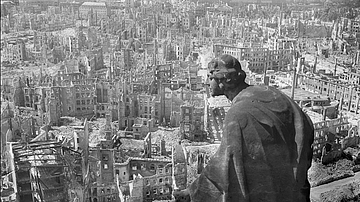
Article
The Bombing of Dresden in 1945
The bomber raid on Dresden was a controversial and highly destructive combined operation by Royal Air Force Lancaster bombers and United States Air Force B-17 Flying Fortress bombers on 13, 14, and 15 February and 2 March 1945. The raid was...
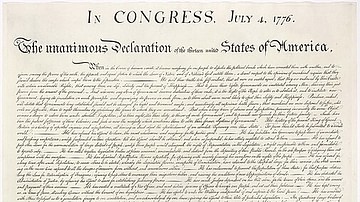
Article
Declaration of Independence
The Declaration of Independence is the foundational document of the United States of America. Written primarily by Thomas Jefferson, it explains why the Thirteen Colonies decided to separate from Great Britain during the American Revolution...
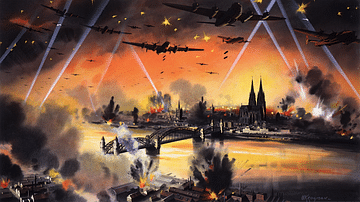
Article
The Thousand-bomber Raid on Cologne in 1942
Cologne (Köln) was the first German city to experience a "1,000-bomber raid" by the Royal Air Force during the Second World War (1939-45). The attack took place on the night of 30 May 1942 and was planned as a demonstration of the destruction...
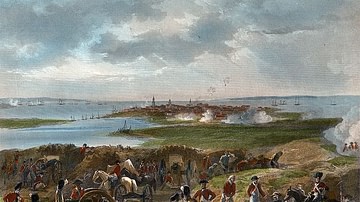
Article
Siege of Charleston
The Siege of Charleston (29 March to 12 May 1780) was a major military operation during the American Revolutionary War (1775-1783). Hoping to establish a foothold in the American South, British commander-in-chief Sir Henry Clinton led an...
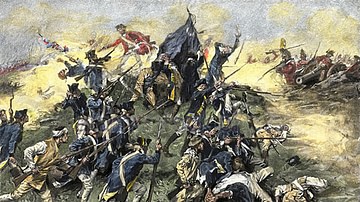
Article
Siege of Savannah
The Siege of Savannah (16 September to 20 October 1779) was a significant engagement in the American Revolutionary War (1775-1783). Hoping to retake Savannah, Georgia, which had fallen to the British the previous year, a Franco-American force...

Article
The Causes of WWII
The origins of the Second World War (1939-45) may be traced back to the harsh peace settlement of the First World War (1914-18) and the economic crisis of the 1930s, while more immediate causes were the aggressive invasions of their neighbours...
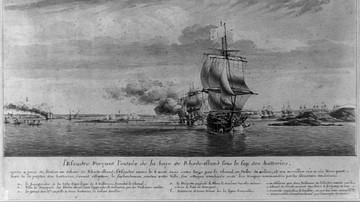
Article
Battle of Rhode Island
The Battle of Rhode Island (29 August 1778), also known as the Siege of Newport or the Battle of Quaker Hill, was fought during the American Revolutionary War (1775-1783). It marked the first attempt at cooperation between the American and...
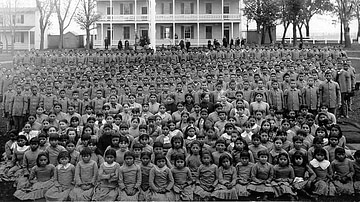
Article
Buffalo and Eagle Wing & The American Indian Boarding School
Buffalo and Eagle Wing is a legend of the Plains Indians culture of North America, which is part origin myth and part cautionary tale on the importance of keeping one's promises. Although scholars agree on the general provenance of the tale...
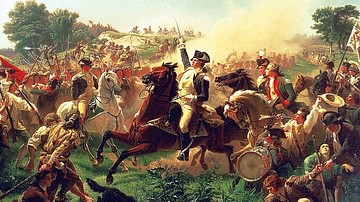
Article
Battle of Monmouth
The Battle of Monmouth (28 June 1778), or the Battle of Monmouth Court House, was the last battle of the Philadelphia Campaign during the American Revolutionary War (1775-1783). After abandoning control of Philadelphia, the British army under...

Article
The History of Japanese Green Tea
The history of green tea in Japan goes back to the 8th century when it was a popular stimulant for meditating monks. In this article, we examine tea's origins and cultivation, how it became an integral part of Japanese culture, the symbolism...